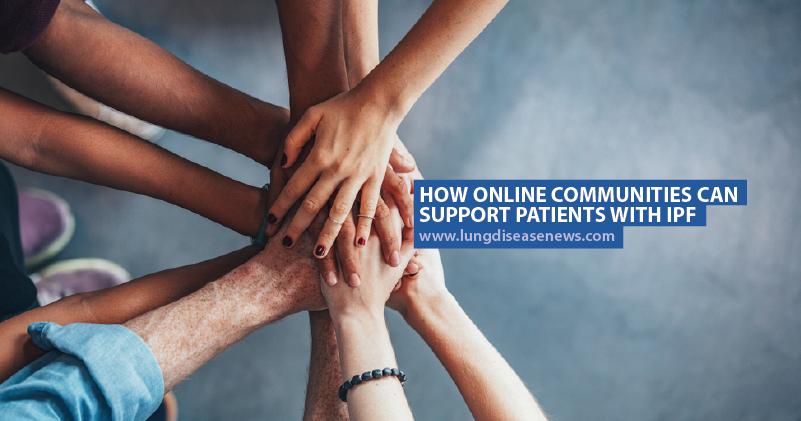When people refer to a “support network” that surrounds someone with a life-threatening illness, you usually think of close friends or family members. In the past, you would rarely think of complete strangers — however, this has certainly changed in recent years. The benefit of belonging to an online support community, composed mostly of people you haven’t met in person, can be extremely comforting and therapeutic.
When you are diagnosed with a chronic or life-threatening illness, it’s often recommended (sometimes required!) that you participate in a support group to fill the gap of loneliness, isolation or for emotional support. This is especially true when you are a young adult living with a rare disease that most other young adults haven’t even heard of. However, sometimes even those support groups are structured in ways that patients don’t find helpful. For those who haven’t considered joining an online support group, whether it’s a group that’s formally moderated (like our recently launched Pulmonary Fibrosis News forums) or a group through social media, the benefits of doing so are plentiful.
MORE: How the ‘Pulmonary Fibrosis News’ forums differ from other online communities
Here are some of those benefits to consider if you are wary of how an online community of support might help you:
People really “get it”
Unlike talking to friends, colleagues or family members about how difficult it is to live with a life-threatening illness, many of the people frequenting online support groups or chat rooms are patients themselves and really understand. Whether it’s venting, questions about medications or talking side effects, most of the people in online support platforms understand, which significantly reduces the feelings of isolation and loneliness. Another perk: depending on time zones, someone is usually awake and able to chat so it also reduces those feelings when insomnia might be getting the best of you.
Being able to speak your mind
Living with a life-threatening illness is hard and sometimes the feelings are overwhelming. It’s not uncommon for patients to not want to share some of those feelings, fears or anxieties with the ones they love most, such as caregivers or their partners. Online, there are groups only for patients where caregivers are not permitted to join. By not having anyone but patients in a group, it eliminates the fear of your partner or caregiver seeing what you share, which creates a safe space for patients to speak their mind.
MORE: What else to know about our brand new forums
Unique information sharing
In-person support groups are usually geographically organized, and especially geared towards people living in the same country. When online support groups are created, sometimes it can include people from different countries, which may have significant differences in healthcare. This can be frustrating at times, since access to drugs can differ, but it can also be comforting if one country is more developed around the type of disease support you need. Information sharing even between countries can be helpful as an option for patients to consider when doing their own research or generating a list of questions about their care.
Anonymity, if you want it
If someone is uncomfortable with their diagnosis or needs to ask a question or state a concern anonymously, this can be done online. While patients must be careful, there are several reasons why this can be beneficial.
It’s therapeutic
Sometimes becoming part of an online community can be very therapeutic for patients, especially if the topics are unlimited and they can share what’s on their mind. The comments generated on these blogs or discussion topics create a sense of community through shared experiences or information sharing.
MORE: How to find positives when living with PF
Lung Disease News is strictly a news and information website about the disease. It does not provide medical advice, diagnosis or treatment. This content is not intended to be a substitute for professional medical advice, diagnosis, or treatment. Always seek the advice of your physician or another qualified health provider with any questions you may have regarding a medical condition. Never disregard professional medical advice or delay in seeking it because of something you have read on this website.

